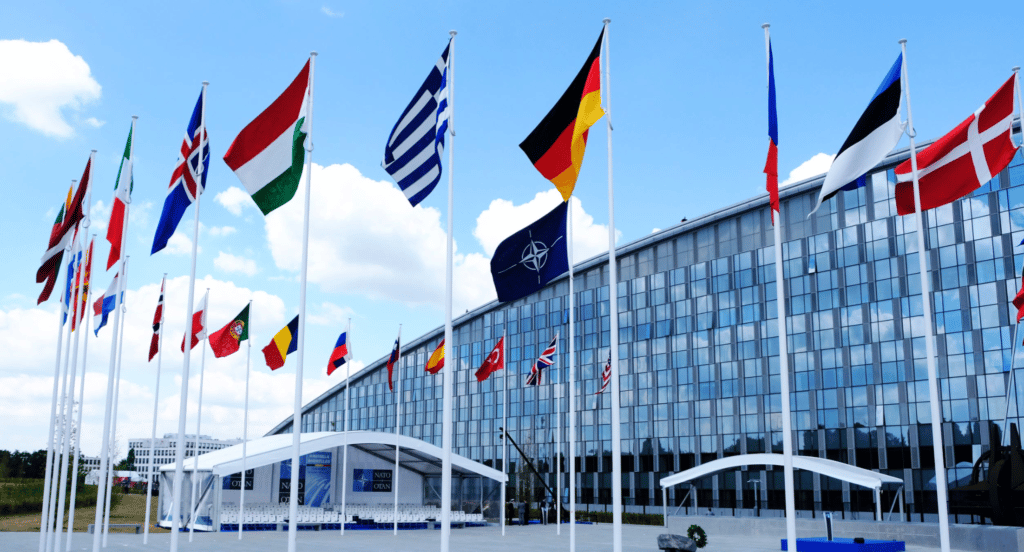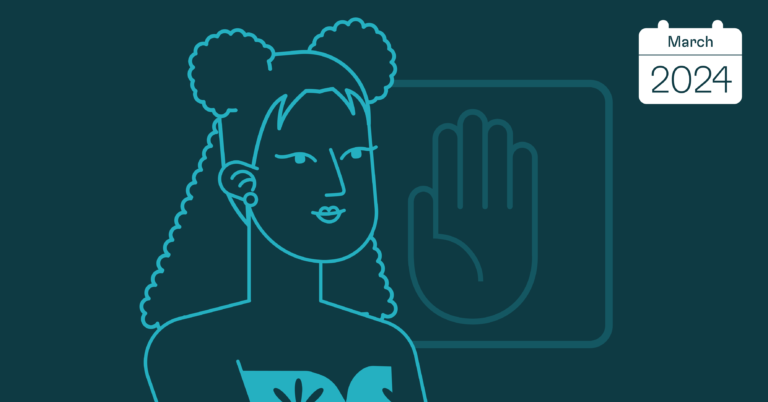By Paul Mutter
Introduction
The general consensus of the North Atlantic Treaty Alliance (NATO) member states’ security services at the start of the Russian invasion of Ukraine was that within a few weeks, vastly outnumbered and outgunned Ukrainian forces would have been driven from the capital, Kyiv, and other major urban centres. This assumption underwrote the quantity and quality of assistance at first delivered to Ukraine, mostly infantry weapons best suited for urban guerilla warfare and only limited intelligence sharing, while embassy after embassy withdrew from the country. However, these assessments proved inaccurate. Ukrainian forces defended and counter-attacked effectively. Russian forces repeatedly blundered, wasting lives and resources, and committed numerous war crimes against civilians that only hardened Ukrainian resolve to fight on. Now as the war intensifies in eastern and southern Ukraine going into the summer months, NATO aid has increased substantially: “Nothing succeeds like success.”
Russian efforts to deter European countries from openly supporting Ukraine have largely failed. Poland, Romania, the Czech Republic, Slovakia, Austria, Slovenia, Croatia, North Macedonia, Greece, Turkey, Estonia, Latvia, Lithuania, France, Belgium, Spain, Portugal, Germany, the United Kingdom (UK), Ireland, Luxembourg, the Netherlands, Sweden, Finland, Denmark and Norway have all sent humanitarian aid or weapons. Only Serbia and Hungary’s leaders remain openly pro-Russian. Of all European states, Belarus alone has actually allied itself with Russia and taken part in the war on Russia’s side, an inevitability given the de facto Russian occupation of the country since the 2020 election protests.
All Together Now
Poland has been among the most visible allies of Ukraine in the war with Russia, opening its doors to some 3 million refugees and supplying tanks, artillery, ammunition, fuel and food. Only the United States (US) has spent more to date in support of Ukraine. The toxicity of Polish-Ukrainian relations in the first half of the 20th century has been wiped away by shared interests, while Hungary’s longtime Euroskeptic alliance with Poland has taken a severe hit due to the former’s refusal to do more to support Ukraine.
Russia-friendly politicians across Europe have found themselves on the back foot and compelled to condemn the invasion, undoing Russian soft power projection efforts. It would be a mistake, though, to assume the invasion has completely upended domestic issues like COVID-19, inflation and immigration, across Europe, and the possible loss of heating supplies in a second winter of war could test the limits of European solidarity. (Fortunately for NATO members in Europe, Russia did not cut these supplies during the first winter of the war because its leaders contemptuously expected an easy victory over Ukraine.)
Like the Baltic states – Latvia, Lithuania and Estonia – Poland ignored Russian energy blackmail and has cut off coal, oil and gas deliveries from Russia. But even countries that had better relations with Russia before the war are finding the latter’s behaviour so off-putting and egregious they are cutting longstanding ties.This is hardly a new problem for Russia; the Czech Republic has emerged as a major source of military aid to Ukraine partly because a Russian sabotage campaign to prevent arms sales to Ukraine in 2014 festered at the centre of Czech domestic politics for seven years, until new elections in 2021 resulted in a more openly pro-NATO administration taking office. The upshot is the Czech Republic is now supplying far more war material to Ukraine openly than the sabotage campaign ever took out of circulation in 2014.
In Bulgaria, the ruling We Continue the Change (PP) electoral alliance has begun to pursue broader defense and economic cooperation with Ukraine, after Gazprom announced it would suspend gas deliveries due to Bulgaria’s refusal to pay fees in Russian rubles. Russia has demanded such payments to try circumventing financial sanctions. Only some purchasers in Central Europe have indicated a willingness to do so; Russia’s threats to turn off the taps carry force but now also underline its unreliability as a supplier.
Such threats have spurred renewed calls for diversification of supply from the Middle East and North America, alongside more investment in renewable energy. Even Germany, seen as the most dependent NATO member on Russian energy, has now greatly reduced its reliance on such imports and begun reversing its longstanding policy of withholding weapons exports. Bulgarian authorities have now promised Ukraine large arms deliveries and Black Sea port access, the latter being especially important due to Russia’s naval blockade of Ukraine, costing up to USD53 billion a year in exports.
Russian threats and energy blackmail have also similarly failed to deter Romania, which has also opened its borders to nearly one million refugees and its ports and railways to Ukrainian goods. In fact, Russia sabre-rattling against Moldova, hosting half a million refugees and where a pro-Russian breakaway region known as Transnistria is being mooted as a possible second front against Ukraine, has only increased Romanian, and EU, support for Moldova’s pro-EU leadership. And Russia’s repeated, if so far empty, threats to stir up trouble in the Balkans have finally forced the EU to pay more attention to pro-Russian actors’ intrigues against Kosovo, Montenegro and Bosnia-Herzegovina.
The outcome of the war is far from decided; the impact of sanctions on Russia have yet to be truly felt, Ukraine has also suffered large losses while Russia is yet to choose whether or not to fully mobilise, and every day Russian forces remain on Ukrainian soil makes it harder to ultimately dislodge them. If Ukraine is going to oust the occupiers, it will need the promise and provision of extended support for months, even years, to come. So far, the signs are encouraging that Ukraine will have it.
Summary
The Russian invasion of Ukraine has strengthened NATO unity and resolve in support of Ukraine in the conflict, despite a rocky start and continuing challenges of maintaining that unity going ahead.
Paul Mutter is a US-based political and security risk analyst.















